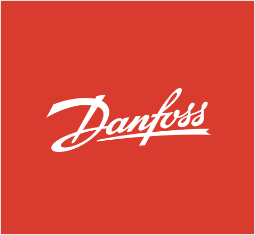Issue DNV rules create new in-operation class framework, enable hydrogen ves…
페이지 정보
작성자 최고관리자 댓글 0건 조회 1,757회 작성일 24-08-14 18:34본문
Classification society DNV has published updates to its rules for classification of ships and offshore structures. In addition to rules supporting the development and deployment of decarbonization technologies, the new in-operation class notations seek to bring clarity to the responsibilities of class customers for notations that have a mix of design and operational requirements.
“One of the most striking aspects of the maritime industry today, is the huge diversity of challenges and opportunities where our customers are looking for classification support,” said Geir Dugstad, DNV Maritime’s Global Technical Director. “It’s not just new fuels, but ways for owners and managers to demonstrate their own efficiencies, new vessel types to unlock new markets, through to advanced technologies like on-board carbon capture.”
With the in-operation notations, DNV has developed the first classification framework with dedicated Fleet in service notations that enables owners and operators to showcase how they are differentiating themselves in the market by deploying advanced procedures and reporting processes for greater safety and efficiency. The new notation clearly shows the split of responsibilities between the yards for the new building phase and the owners and operators in the operational phase of the vessel.
Designed to unlock innovation in the shipping industry while enhancing safety, the new rules also build on DNV’s leading expertise in maritime decarbonization with the introduction of two new class notations, Gas fuelled hydrogen and OCCS(for carbon capture and storage on board vessels).
While hydrogen is a potential zero-carbon fuel for shipping it is presently not covered by international regulations. The Gas fuelled Hydrogen notation, sets out the requirements for the ship's fuel system, fuel bunkering connection, and consumers, providing owners a practical path to develop hydrogen fuelled newbuildings.
Onboard carbon capture and storage(OCCS) systems are currently being trialled and offer a way for vessels to reduce emissions and contribute to greater sustainability and regulatory compliance. The OCCS notation offers a framework and requirements for these new systems, including exhaust pre-treatment, absorption, after-treatment systems, liquefaction, CO2 storage, and transfer ashore.












